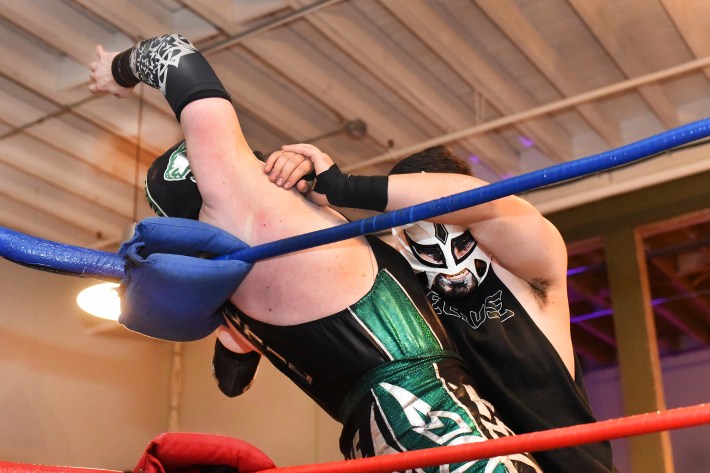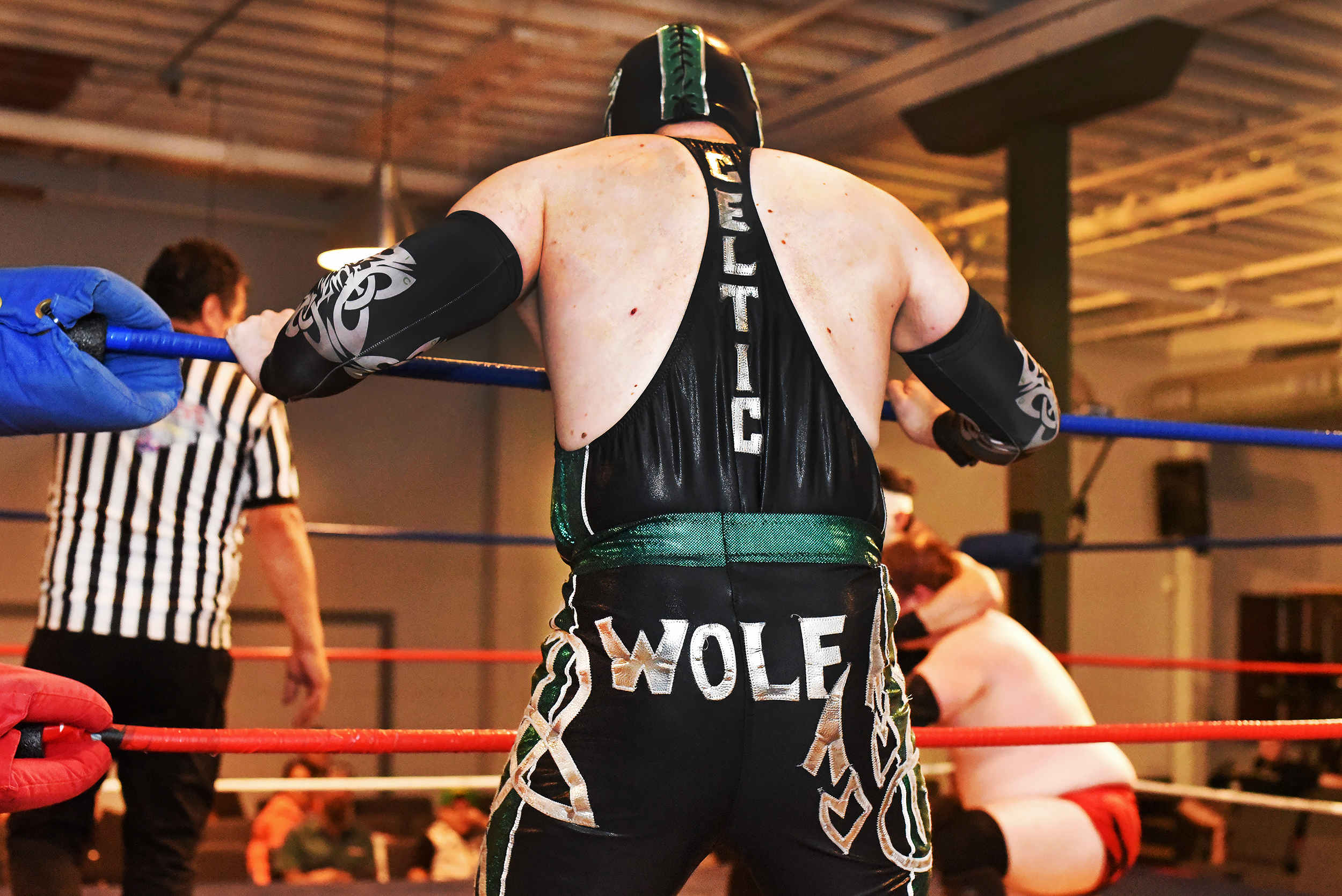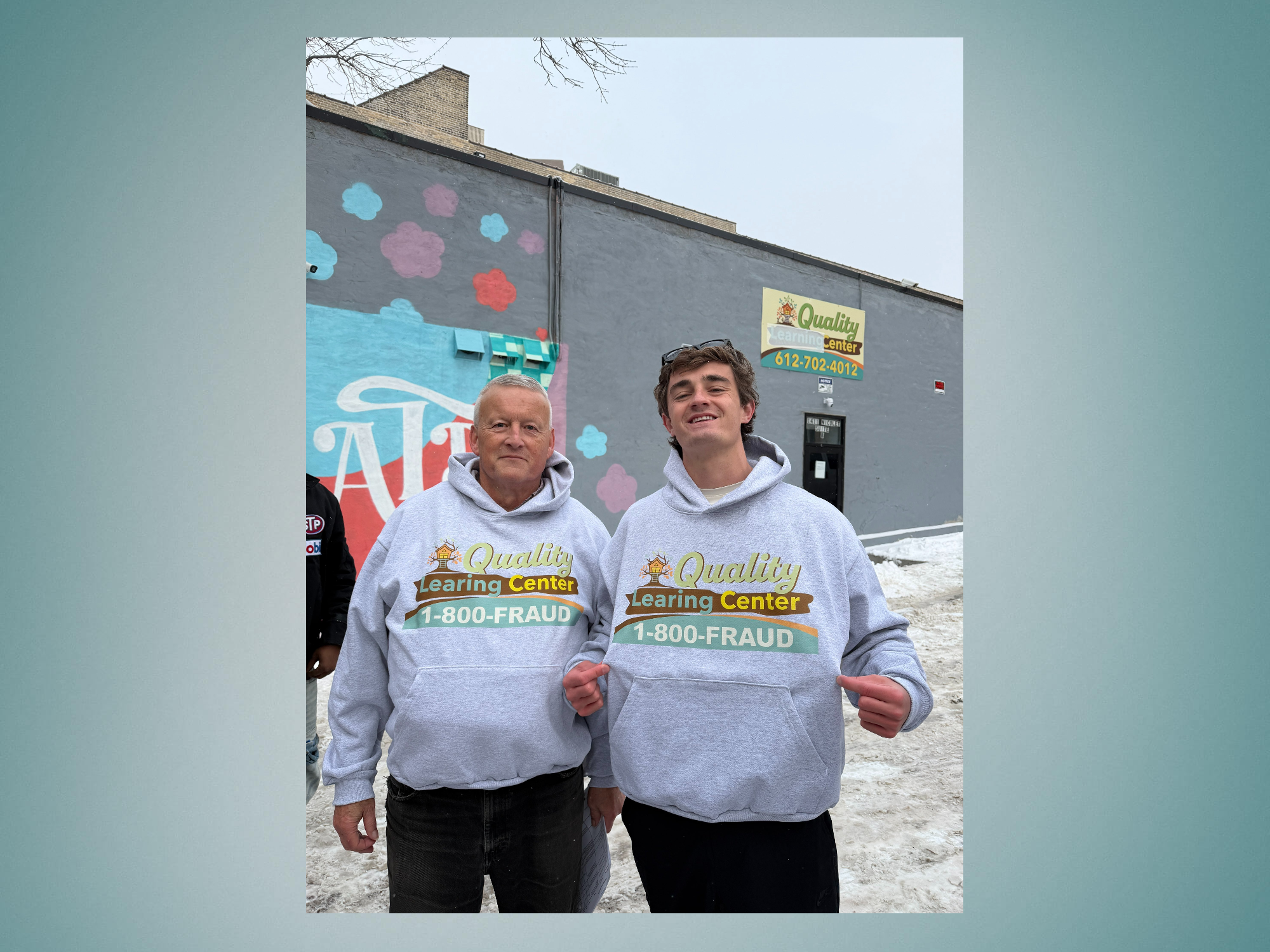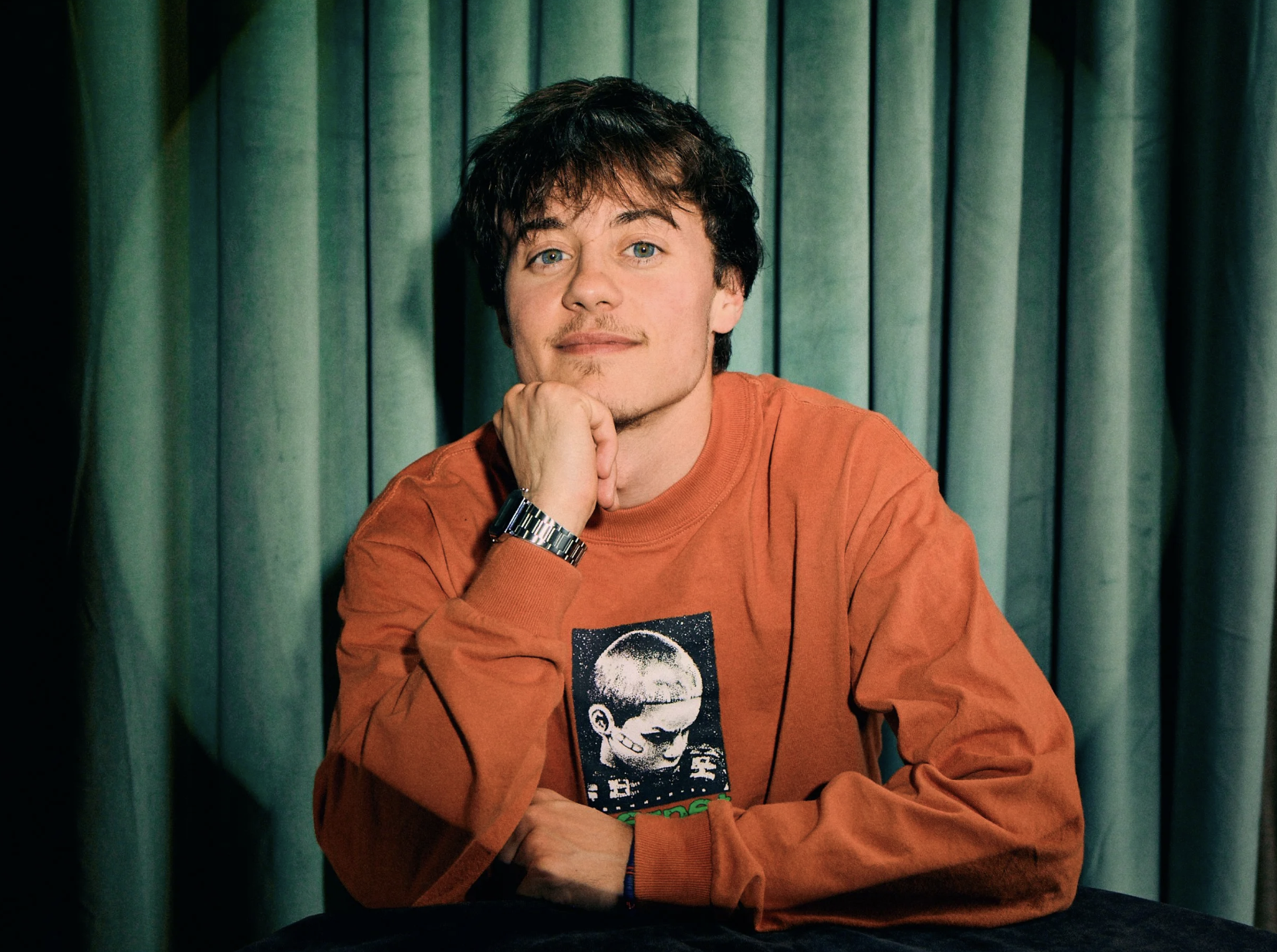It’s a Saturday evening at the Waterbury Building in Northeast Minneapolis, but if you didn’t know better, you would think you’d been transported to the Auditorio de Tijuana in Mexico.
Inside, there’s a ring draped in banners for El Felix Pollo Mexican restaurant in St. Paul. Traditional Mexican music is pumping over the speakers, women are selling elotes at the concession stand, and kids in colorful wrestling masks are seated ringside, waiting for the action to begin. Sure, there’s a lot of independent pro wrestling in the Twin Cities, but there’s only one group focused on authentic lucha libre.
Rudos Promotions has been up and running in the Twin Cities for nearly two years. The brainchild of Jesus De La Torre, a longtime luchador, Rudos aims to differentiate itself in the booming Minnesota wrestling scene by creating a lucha libre experience complete with masked characters, acrobatics, and traditions that date back hundreds of years.
“I want to show a new audience what lucha is all about,” he explains. “We want to invite the community to come and bring their kids, so that they can learn about lucha libre. And I want to bring lucha libre to the Anglo community, too.”
As a 35-year lucha libre veteran, De La Torre takes the traditions of Mexican wrestling very seriously. And it all begins with the mask.
“There’s a difference between putting on a mask and wrestling, and putting on a mask and doing lucha libre,” De La Torre explains. “Sometimes you’ll go to shows and see guys in masks yelling in Spanish, but they aren’t doing the moves. They don’t know what the mask means to lucha libre.”
While other wrestlers simply look at their masks as part of their presentation, to De La Torre, putting on the mask represents a complete transformation.
“To me, the mask means everything,” he says. “There’s a big difference between Renegado [his lucha libre persona] and Jesus. It’s two totally different people. I hate it when guys will be at a show, taking off their masks, taking pictures. I saw one guy at a Latino festival who was walking around without his mask on. The next week, I went over to his gym and beat him up. You don’t disrespect lucha libre.”
In order to teach the next generation of luchadores these traditions, De La Torre also trains students inside the same building where he hosts his shows. Some of these students, like Sebastian Benenaula, are new to all aspects of lucha.

“American-style professional wrestling is much harder on your body,” Benanaula says. “In wrestling, you take bumps that make a big sound and have a hard impact on you physically. In lucha libre, you roll and take less impact, but it takes a lot of ability to move like a luchador.”
Another Rudos regular is a wrestler by the name of Celtic Wolf. Despite being trained at Ken Anderson’s Academy School of Professional Wrestling, and wrestling on shows throughout the Midwest, Celtic Wolf joined De La Torre several months ago to learn the nuances of lucha libre.
“The psychology is different, the match structure is different. There’s a lot of different things to remember,” he says. “Jesus offered to teach me lucha, so I’ve been coming here once a week to learn from him.”
The training has already paid off. Celtic Wolf is a featured star of Rudos, along with a handful of other non-Hispanic performers. With a mixed crew of new luchadores, non-luchadores, and lucha legends like Octagon and Pirata Morgan that he’s brought in from Mexico for his shows, De La Torre says he has seen a significant shift in the audience, as the Latino population continues to catch on to what Rudos has to offer.
“Our first show here back in February [at the Waterbury Building] was probably 97 percent Anglo,” he laughs. “It was all white people. Now it’s more like 70 or 80 percent Latinos. It’s people specifically looking for lucha libre.”
With new shows coming up in August and September—including the big Rudos two-year anniversary show on September 23—De La Torre says the momentum of Rudos is picking up, but he believes he’s only scratched the surface in terms of potential.
“I want to be able to do a show every week,” he says. “One week I want to be in Minneapolis, the next week in Rochester, the next week in Willmar, and the next week somewhere else. A lot of people don’t know what lucha libre is yet, but we’re working hard to change that, and it’s working.”






